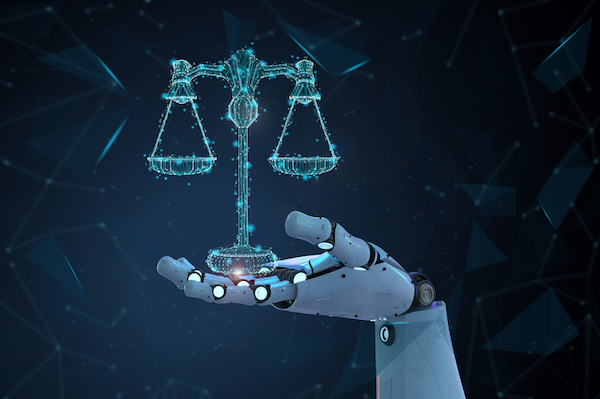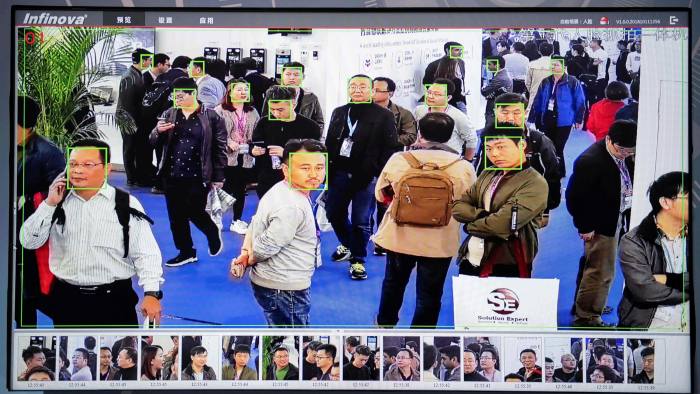Chinese researchers have developed a ‘prosecutor’ that can charge people with crimes using artificial intelligence.
The technology can detect ‘dissent’ and other offenses such as fraud, gambling, and unsafe driving with up to 97% accuracy, and it may be programmed to eliminate human decision-making from various prosecution processes.
The AI ‘prosecutor,’ according to researchers, files charges based on an oral description of the case. The technology was built and developed in the Shanghai Pudong People’s Procuratorate, China’s largest district prosecution office.

Professor Shi Yong, director of the Chinese Academy of Sciences’ big data and knowledge management lab and project lead scientist, stated that the AI prosecutor might reduce the daily workload for human prosecutors, allowing them to focus on more challenging cases.
“The system can replace prosecutors in the decision-making process to a certain extent,” the researcher said.
AI is being used in some prosecution contexts, such as picture identification and digital forensics; however, Shi believes it has a limited function because “they do not participate in the decision-making process of filing charges and [suggesting] sentences.”

The AI prosecutor would be operated on a desktop computer and pursue charges based on 1,000 ‘traits’ drawn from the human-generated case description. The system would then evaluate the data it had been supplied.
Between 2015 and 2017, more than 17,000 cases were ‘trained’ into AI, designed to identify and prosecute eight of Shanghai’s most common offenses, including credit card fraud, running a gambling operation, dangerous driving, impeding official duties, theft, fraud, and picking fights and provoking trouble.

Shi and his colleagues hope that AI will become more powerful with modifications, though there are no plans to expand the technology yet.


